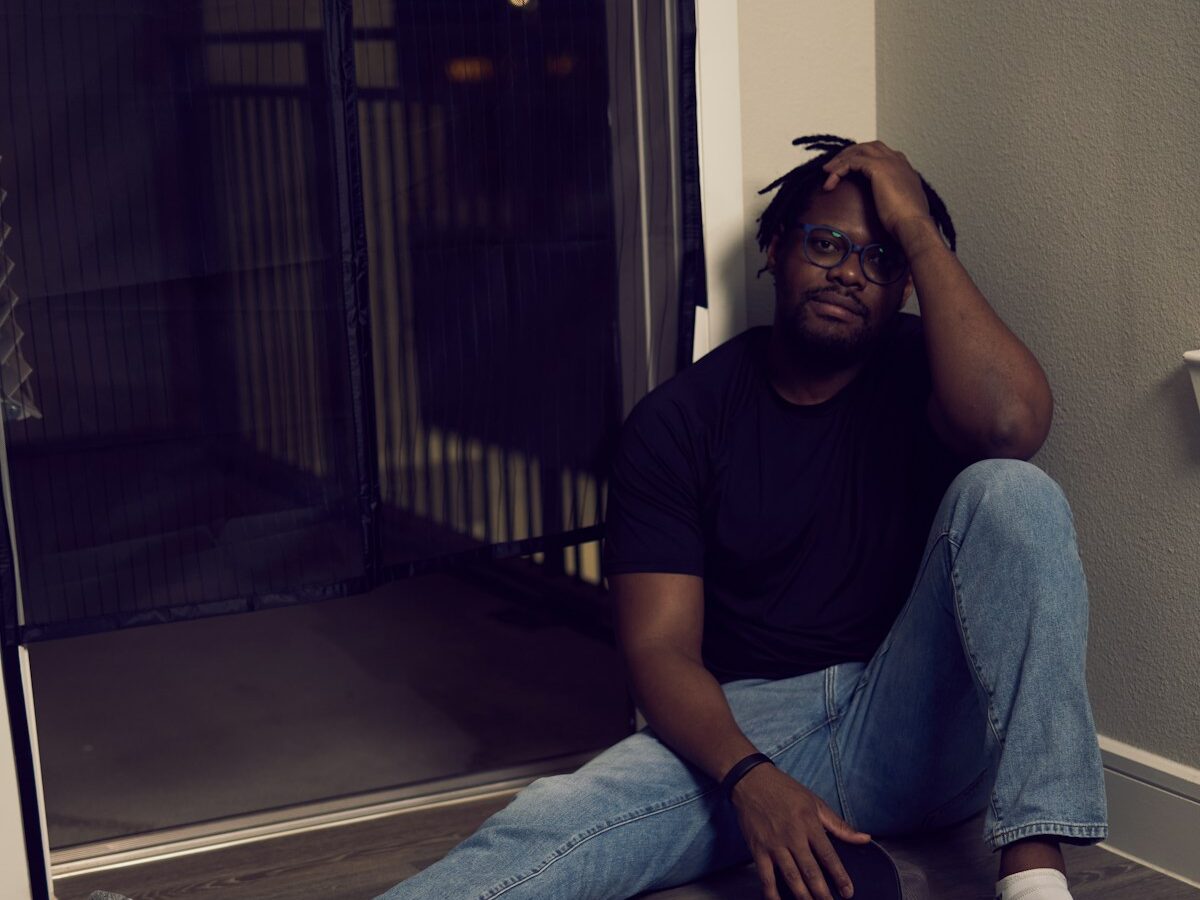
Friendships usually don’t collapse all at once—they fade because of repeated habits that slowly make people feel unimportant, uncomfortable, or unsupported. The tricky part is that friends often won’t say anything directly. Instead, they quietly stop reaching out, stop sharing, and eventually disappear. Here are 15 signs you may be harder to be friends with than you realize.
You Rarely Reach Out First

Friendship thrives on mutual effort. If your friends are always the ones calling, texting, or planning, it slowly creates an imbalance. Even if you genuinely care, your lack of initiative can make them feel like they’re chasing you. Over time, they might assume you don’t value the friendship as much as they do. People want to feel wanted, not like an afterthought. A quick check-in or spontaneous invite goes a long way, and without it, friends often stop putting in effort altogether.
Conversations Often Center on You

Everyone deserves space to share their lives, but if most conversations circle back to your problems, opinions, or achievements, people notice. Even when you don’t mean to, it makes them feel unheard. Friendships are supposed to be a balance—listening, asking questions, and showing interest in their experiences as much as your own. If they consistently leave interactions feeling invisible, they’ll stop opening up. And once they stop sharing, the friendship loses its depth.
You Cancel Plans Frequently

Occasional cancellations happen to everyone, but if it becomes a pattern, it sends the wrong message. When plans are always tentative or often dropped at the last minute, friends begin to feel unimportant. Even valid reasons wear thin after a while. People want to know they can count on you, not just when it’s convenient. If someone feels like their time and effort don’t matter, they’ll stop inviting you. The friendship doesn’t end in a dramatic fight—it just gets quieter until it’s gone.
You Struggle With Boundaries

Healthy friendships rely on respecting limits. If you pressure people to overshare, push them to say yes when they’ve said no, or insert yourself into situations uninvited, it makes them uneasy. Boundaries aren’t rejection—they’re a way to protect connection. Ignoring them doesn’t just cause tension, it signals that their comfort isn’t important to you. Over time, people start pulling back, not because they don’t care, but because they no longer feel safe being themselves around you.
You Have a Hard Time Apologizing

Mistakes are part of every relationship, but refusing to own them creates distance. If you get defensive, shift blame, or dismiss their feelings, your friends are left with unresolved hurt. A sincere apology isn’t about admitting weakness—it’s about showing respect. Saying, “I was wrong, I’m sorry,” rebuilds trust quickly. Without it, small conflicts pile up and weigh heavily on the relationship. Eventually, people stop trying to work things out because they don’t believe you’ll ever meet them halfway.
You Interrupt Without Realizing It

Interrupting can happen out of excitement, but when it’s constant, it signals that you value your thoughts more than theirs. People want to feel heard, not talked over. If you regularly finish their sentences, cut them off mid-story, or jump in before they’re done, they’ll start to share less with you. Listening fully and giving space to finish a thought shows care. Without that, conversations stop feeling like a connection and start feeling like competition for airtime.
You Come Across as Negative

Everyone vents, but if every interaction leans toward complaints, bitterness, or pessimism, friends feel weighed down. They may support you, but they also crave laughter, positivity, and light moments. If your presence consistently feels heavy, they’ll eventually avoid it—not because they don’t care, but because it takes too much emotional energy. Negativity doesn’t have to dominate a friendship for it to do damage; even subtle patterns of constant complaint can make people quietly step back.
You Struggle to Celebrate Others

Friendship means cheering for each other’s wins, big or small. If you tend to downplay their successes, shift the focus to yourself, or act competitive, it creates tension. People want to feel that their joy is safe with you. When they sense envy or dismissal instead of support, they stop sharing the good parts of their lives. Over time, this makes the friendship feel hollow because celebrations are just as important as comfort during struggles.
You Gossip About Mutual Friends

Gossip creates false intimacy—it feels like bonding in the moment, but it chips away at trust. If you frequently share others’ private stories, complain behind people’s backs, or stir drama, your friends will quietly wonder, “Do they do the same to me?” Even if they never say it, it changes how much they confide in you. Without trust, real closeness is impossible. And once they feel guarded, the friendship loses its core.
You Rarely Show Appreciation

People need to feel valued to stick around. If you rarely acknowledge the effort friends put in—whether it’s planning, listening, or supporting you—they eventually feel invisible. A simple thank-you, thoughtful text, or gesture of recognition means more than you think. Without appreciation, even the most loyal friends eventually stop putting energy into the relationship. It’s not about constant praise, but about making sure they know they matter.
You Struggle With Consistency

Inconsistent behavior leaves people unsure of where they stand. If you’re warm one day but distant the next, dependable one week but unreachable the next, it makes friendships feel unstable. People want steadiness—they want to know which version of you will show up. Without consistency, trust weakens. Over time, friends stop relying on you emotionally because they don’t know what they’ll get. And when reliability disappears, so does closeness.
You Avoid Vulnerability

Friendship isn’t built only on fun—it deepens through openness. If you always keep things surface-level, avoid serious conversations, or laugh off moments of honesty, people can’t truly connect with you. Vulnerability doesn’t mean oversharing; it means being willing to show your real self. Without it, friends feel like they’re only connected to a version of you, not the real you. That keeps the relationship shallow, and shallow friendships rarely last long-term.
You Expect Too Much Without Giving Back

Friendships can’t survive on one person’s effort. If you lean heavily on friends for advice, support, or help but rarely offer the same in return, the imbalance becomes obvious. Over time, they feel used instead of valued. Friendship doesn’t require exact fairness, but it does require reciprocity. Giving back—by checking in, celebrating their wins, or being there during their lows—reminds them the relationship matters to you too. Without it, people quietly drift away.
You Avoid Conflict Altogether

It might feel safer to keep quiet when something’s wrong, but avoiding conflict creates hidden resentment. If you never talk about hurt feelings or disagreements, problems go unresolved. Silence isn’t peace—it’s distance. Friends want honesty, even when it’s uncomfortable. Addressing issues respectfully builds trust; ignoring them makes the friendship fragile. Over time, the lack of honesty leaves things unsaid, and unsaid things break friendships just as much as fights do.
You Don’t Make Time for Friendship

At the end of the day, effort matters most. If you’re always “too busy,” never initiate plans, or leave all the responsibility on the other person, they eventually stop trying. Everyone has responsibilities, but we make time for what’s important. Even small gestures—checking in, grabbing coffee, or remembering milestones—keep friendships alive. Without effort, even strong bonds fade. When people feel like they’re low on your priority list, they quietly stop keeping you on theirs.

